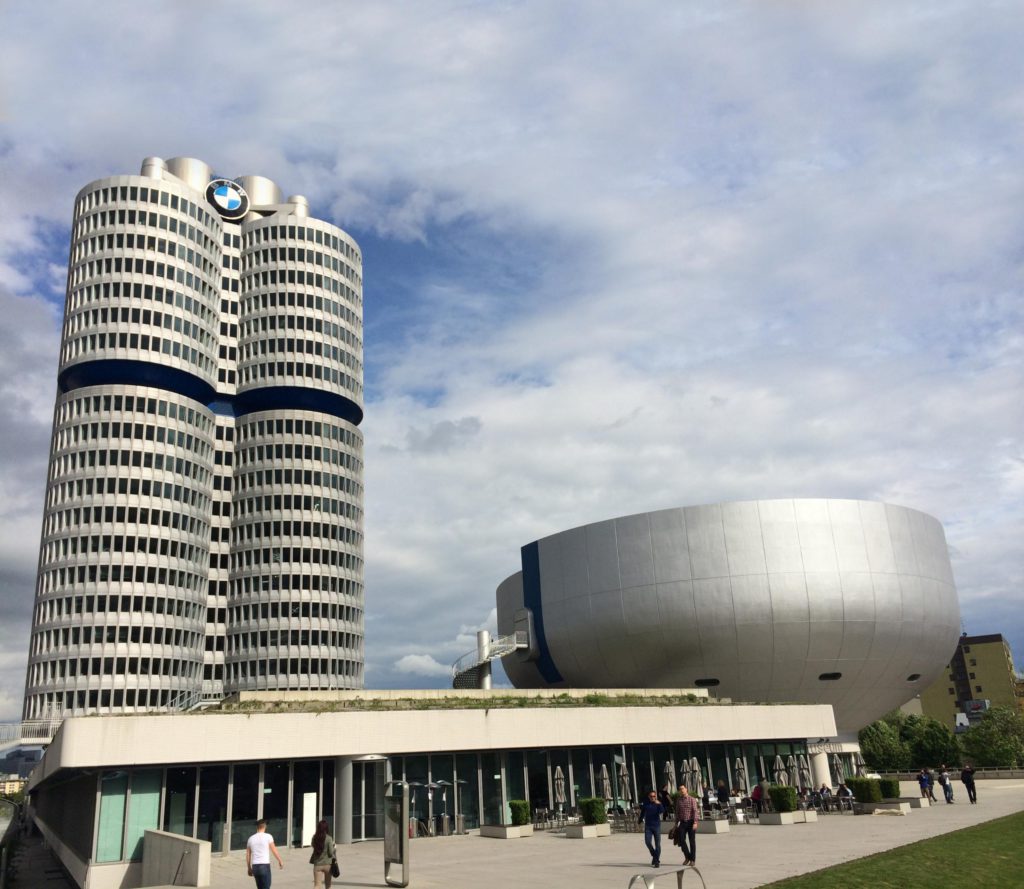BMW loses appeal in Swiss blocking case as it looks to make cobalt supply more transparent
16 November 2017

16 November 2017
German manufacturer BMW has lost an appeal in Switzerland against a €135 million fine imposed after it banned customers in the country from buying cars elsewhere in Europe and importing them.
The fine was originally imposed in 2012 following an investigation by Switzerland’s competition authority. This came after complaints by customers in the country that they had been stopped from buying BMW and Mini vehicles in other territories, where models are less expensive than in Switzerland itself.
BMW appealed the fine, however the Swiss Federal Supreme Court announced that it has rejected this, in a ruling made on 24 October. The German manufacturer has declined to comment on the decision.
The case stems from 2010, when a Swiss customer was prevented from buying a new car from an authorised BMW and Mini dealership outside of the country. Around 20 complaints were then received to the Swiss competition authority WEKO, with drivers saying they too were prevented from buying vehicles at dealerships in southern Germany.
According to WEKO, customers had travelled across the border to buy vehicles that were 20-25% cheaper than equivalent prices in Switzerland. This equates to between €6,000 and €35,000 less, depending on the vehicle model and equipment options. The competition authority said in 2012 that BMW and its dealers had agreed not to ship cars from dealerships elsewhere in Europe to Switzerland, infringing Swiss competition laws.
According to reports in the country, the manufacturer had imposed the ban on sales to Swiss customers in order to maintain higher prices of models on sale within Switzerland itself, the court noted in its judgements.
′BMW was not allowed to say to its dealers you have no right to sell in Switzerland,’ Patrik Ducrey, deputy director of WEKO said after the court’s decision was announced. ′This was a clear violation of Swiss competition law. It closed the Swiss market to foreign suppliers, prevented fair pricing in Switzerland and put Swiss consumers at a disadvantage.’
Meanwhile, the German manufacturer has said that it wants its supply chain for cobalt, used in batteries for electric vehicles (EVs) to be more transparent, in a step towards improving the social situation of miners in the Democratic Republic of Congo, where most of the world’s reserves can be found. The company found that human rights and environment protection were areas of concern in the country, and has therefore become an active member in the Responsible Cobalt Initiative (RCI), which also includes the country’s government.
By the end of the year, the company wants to make public from which producing countries and which melts the cobalt used in the cells comes from. Also by the end of the year, a feasibility study will show what BMW can do with local partners. Projects are planned that will initially improve the social situation and environmental protection in artisanal cobalt mines in model mines and that can later be extended to other cobalt mines.
Photograph courtesy of BMW Group